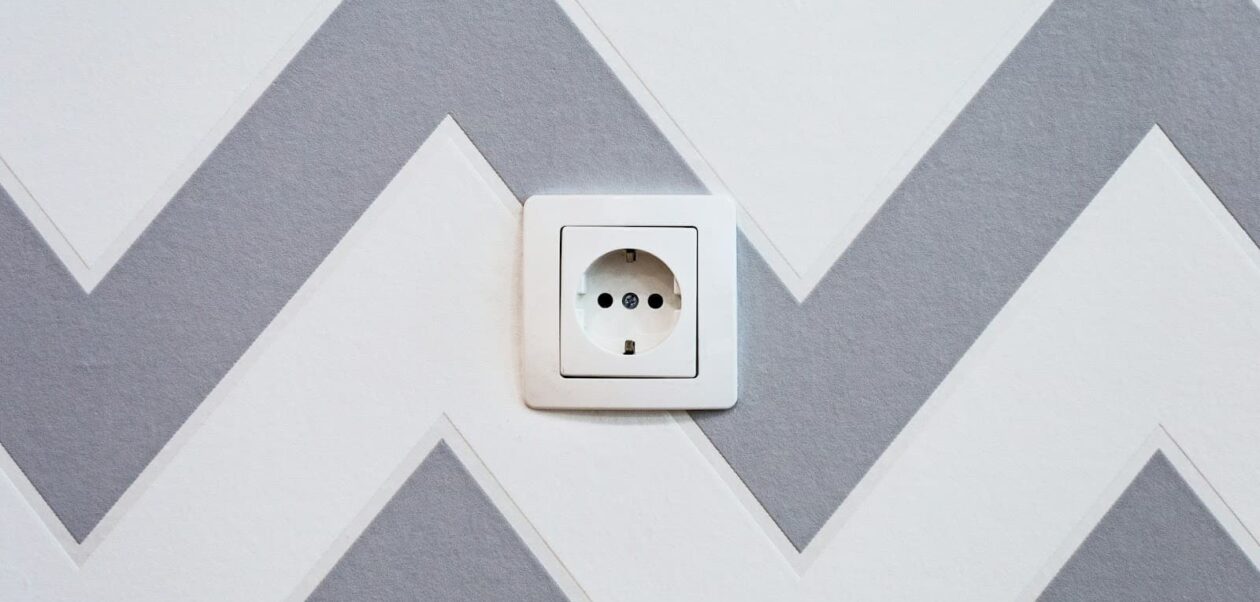Traveling to Turkey can be an exciting adventure, filled with rich history, vibrant culture, and breathtaking landscapes. However, one of the practical considerations for any traveler is understanding the electrical system of the country they are visiting.
This guide will provide you with all the essential information about plugs in Turkey, ensuring that you can use your electrical devices safely and efficiently during your stay.
Understanding Turkish Plugs and Sockets
Turkey primarily uses two types of plugs: Type C and Type F.
- Type C Plugs: These have two round pins and are commonly used in many European countries. They are suitable for appliances that do not require grounding.
- Type F Plugs: These also have two round pins but include two earth clips on the side. They are designed for appliances that need to be grounded for safety reasons.
The standard voltage in Turkey is 230V at a frequency of 50Hz. This is higher than the voltage used in some countries, such as the United States, which operates at 120V. It is crucial to be aware of this difference to avoid damaging your electrical devices.
Do You Need a Travel Adapter?
If you are traveling from a country that uses different plug types, such as the United States (Type A or B) or the United Kingdom (Type G), you will need a travel adapter to fit your devices into Turkish sockets. Travel adapters are small, portable devices that allow you to plug your appliances into foreign electrical outlets.
When choosing a travel adapter, look for one that is compatible with Type C and Type F sockets. Universal travel adapters that fit multiple socket types can be a convenient option, especially if you travel frequently to different countries.
Voltage Converters and Transformers
In addition to a travel adapter, you may also need a voltage converter or transformer. This is particularly important if your devices are not designed to operate at 230V. Using a device rated for a lower voltage in a higher voltage outlet can cause serious damage or even start a fire.
- Voltage Converters: These devices step down the voltage from 230V to a lower level, such as 110V or 120V, making them safe for your appliances. They are typically used for short-term use, such as charging a laptop or using a hair dryer.
- Transformers: These are more robust and can handle continuous use. They are suitable for appliances that need to run for extended periods, such as medical devices or certain types of electronics.
Most modern devices, like smartphones, laptops, and cameras, are dual voltage rated, meaning they can operate within a range of 110V to 240V. You can check if your device is dual voltage by looking for a label that says something like “INPUT: 110-240V.” If your device is dual voltage, you will only need a travel adapter, not a voltage converter.
Safety Considerations
Using electrical appliances in a foreign country requires some safety precautions:
- Check Your Devices: Before plugging in any device, make sure it is compatible with the voltage and frequency in Turkey. Look for the voltage rating on the device or its power supply.
- Use Grounded Adapters: For appliances that require grounding, ensure you use a travel adapter that supports grounded plugs (Type F).
- Avoid Overloading: Do not overload adapters or power strips. This can cause overheating and potential electrical hazards.
- Frequency Differences: Be aware that the frequency in Turkey is 50Hz, which is different from the 60Hz used in some countries. While most devices can handle this difference, some motorized appliances, like electric clocks, may not function correctly.
Where to Buy Travel Adapters and Converters
You can purchase travel adapters and voltage converters from various sources:
- Online Retailers: Websites like Amazon offer a wide range of travel adapters and converters. You can find options that fit your specific needs and read reviews from other travelers.
- Electronics Stores: Many electronics stores carry travel adapters and converters. You can often find them in the travel accessories section.
- Airports: If you forget to pack an adapter, you can usually find them for sale at major airports. However, prices may be higher than in other retail locations.
Additional Tips for Using Electrical Devices in Turkey
When traveling to Turkey, it’s essential to be prepared for the differences in electrical systems. Here are some additional tips to ensure a hassle-free experience:
- Pack a Surge Protector: Power surges can occur anywhere, and a surge protector can safeguard your devices from unexpected voltage spikes. This is especially important if you are traveling with expensive electronics like laptops or cameras.
- Check Hotel Amenities: Some hotels in Turkey provide international adapters and converters for guest use. It’s worth checking with your accommodation to see if these are available, which can save you the trouble of packing your own.
- Portable Chargers: Consider bringing a portable charger or power bank. This can be a lifesaver if you find yourself in a situation where you can’t access a power outlet, such as during long travel days or outdoor activities.
- Label Your Adapters: If you travel frequently and have multiple adapters for different countries, labeling them can save you time and confusion. Clearly mark which adapter is for Turkey to avoid any mix-ups.
- Eco-Friendly Options: Look for eco-friendly travel adapters and converters. These are designed to be energy-efficient and can help reduce your carbon footprint while traveling.
By following these tips and understanding the electrical requirements in Turkey, you can ensure that your devices stay safe and functional throughout your trip. Enjoy your travels!
Conclusion
Traveling to Turkey with the right electrical equipment can make your trip smoother and more enjoyable. By understanding the types of plugs used in Turkey and the voltage requirements, you can ensure that your devices stay safe and functional throughout your journey. Whether you are a frequent traveler or visiting Turkey for the first time, investing in a good travel adapter and voltage converter is a wise decision. Safe travels, and enjoy your time in Turkey!



